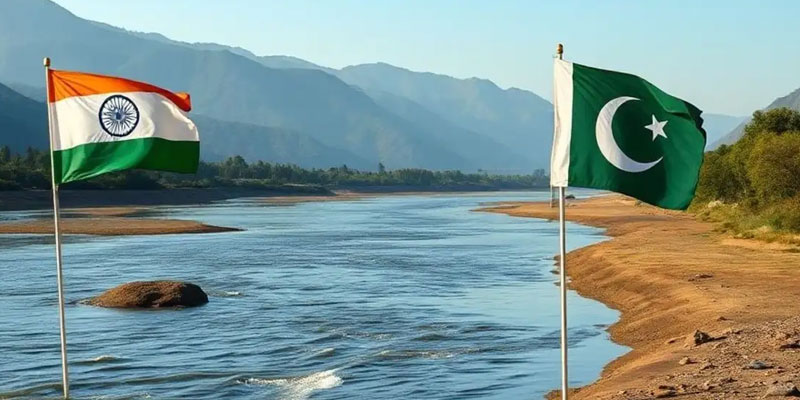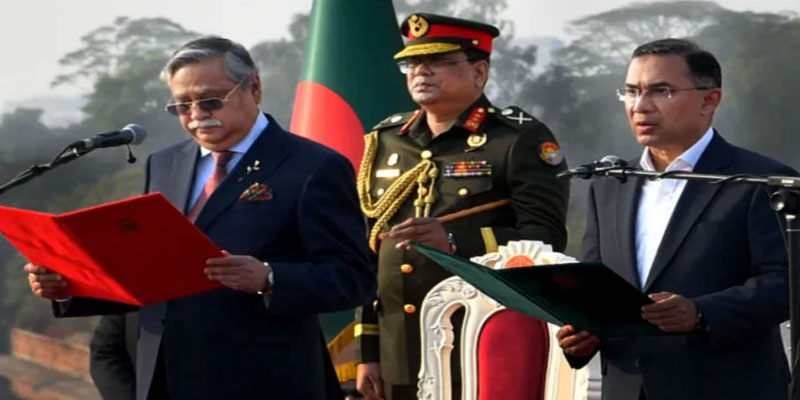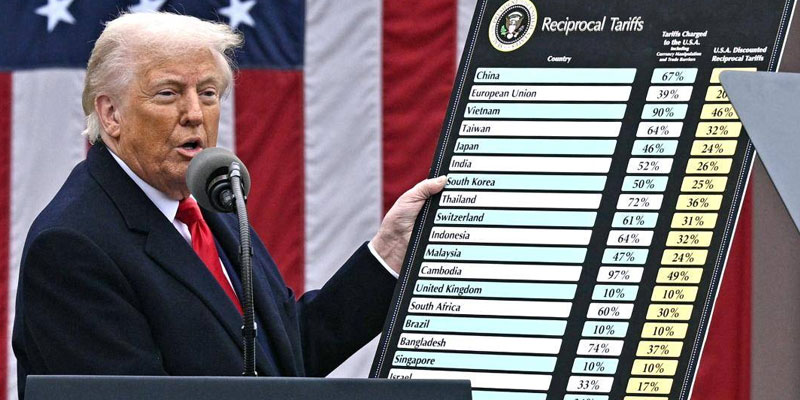India's recent suspension of the Indus Waters Treaty (IWT) has plunged Pakistan into a deepening water crisis, exacerbated by an ongoing heatwave. A report from Pakistan's Indus River System Authority (IRSA) highlights a 13.3% year-on-year shortfall in water released from the Indus basin, severely impacting farmers in Punjab province. This drastic measure by India, following the April 22 Pahalgam terror attack, has ignited a complex geopolitical and environmental challenge.
The Indus Waters Treaty: A Brief Overview and Recent Developments
The Indus Waters Treaty, signed in 1960 and brokered by the World Bank, is a landmark agreement between India and Pakistan concerning the sharing of the Indus River system. It allocates the waters of the eastern rivers (Ravi, Beas, and Sutlej) to India and the western rivers (Indus, Jhelum, and Chenab) to Pakistan. The treaty has largely endured decades of strained relations, serving as a crucial mechanism for water distribution in a water-stressed region.
However, India's recent decision to suspend the treaty marks an unprecedented shift. Citing national security concerns and linking the suspension directly to cross-border terrorism emanating from Pakistan, India has put the six-decade-old agreement on hold. This move, approved by the Cabinet Committee on Security, signifies a hardening of India's stance, demanding a "credible and permanent cessation of cross-border terrorism" as a prerequisite for any future restoration of the treaty. Pakistan's diplomatic appeals and requests for World Bank intervention have, thus far, gone unanswered, with the World Bank reportedly declining to mediate.
Causes and Far-Reaching Impacts of the Suspension
India's primary cause for suspending the IWT stems from national security concerns and perceived cross-border terrorism from Pakistan, with the Pahalgam terror attack serving as a critical turning point. This decision marks a more assertive Indian foreign policy, using water as a strategic tool to address security grievances.
The impact on Pakistan is immediate and severe, notably a deepening water crisis. The 13.3% shortfall in water release critically affects Kharif crop sowing, threatening food security and farmers' livelihoods. Extreme heat in regions like Sindh and Balochistan exacerbates this crisis, increasing demand for water.
Beyond agriculture, long-term impacts include significant economic disruption from reduced output and rising food prices. Geopolitically, the suspension escalates tensions between the nuclear-armed nations, straining an already fragile relationship. India's accelerated water infrastructure projects, like the Chenab-Ravi-Beas-Sutlej link canal, highlight its strategic aim to divert more water, potentially reducing future flows to Pakistan even if the treaty is reinstated. India is also exploring advanced tunnelling for future water diversion, indicating a long-term strategy for maximizing its water resources.
The Perilous Path Ahead
India's suspension of the Indus Waters Treaty, while ostensibly a response to terror, is a perilous escalation that weaponizes a fundamental human need. While India has legitimate security concerns, leveraging water as a tool of statecraft risks severe humanitarian consequences and sets a dangerous precedent in international relations. This move not only deepens the humanitarian crisis in Pakistan but also pushes the India-Pakistan relationship to a new nadir, diminishing any prospects for dialogue and regional stability. The international community, and particularly the World Bank, must actively re-engage to facilitate a de-escalation, reminding both nations of the shared responsibility for managing a vital shared resource and the catastrophic implications of its politicization. The long-term stability of the subcontinent hinges on a return to the principles of cooperation and the equitable sharing of natural resources, rather than their use as instruments of coercive diplomacy.
(With agency inputs)






















